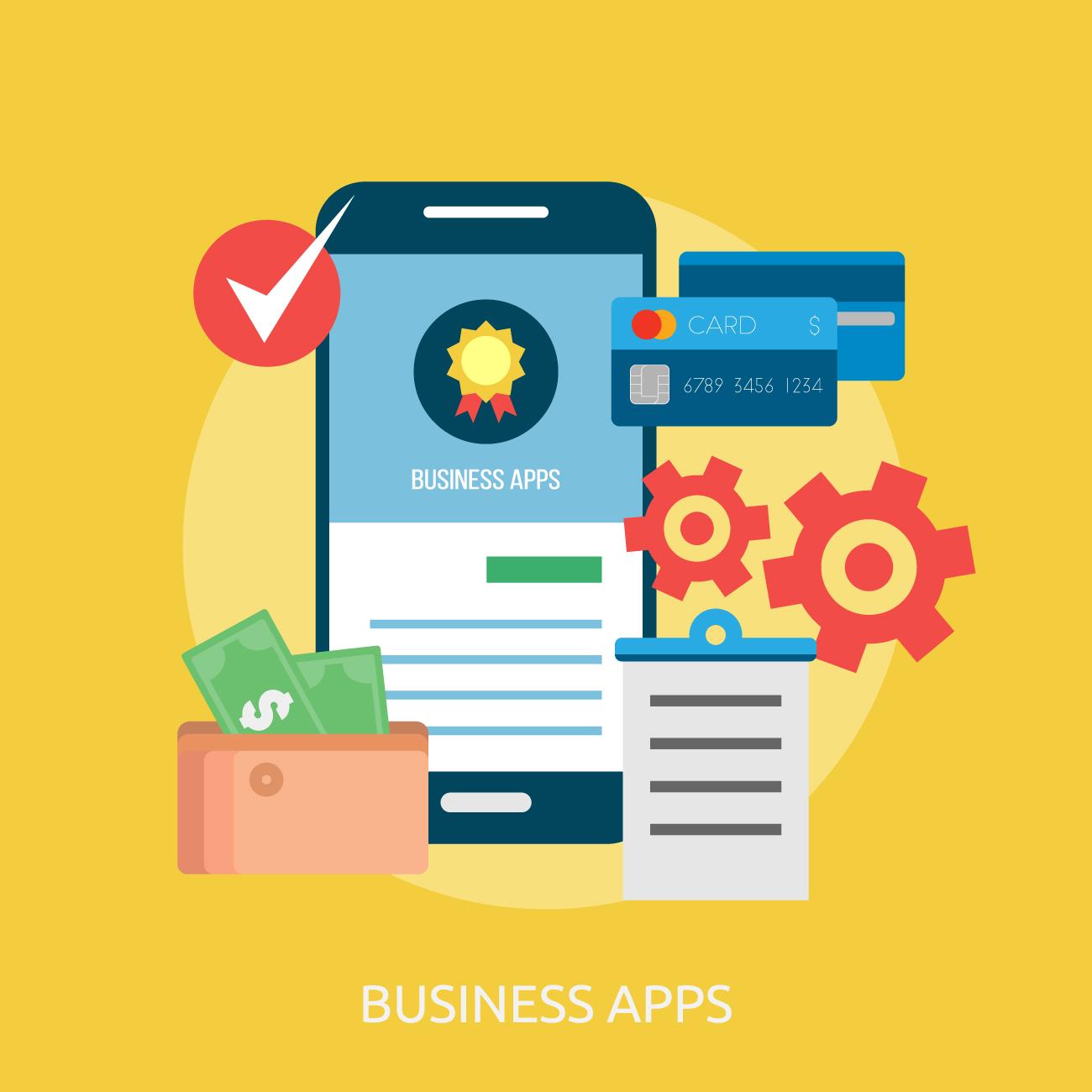IoT in Healthcare: Transforming the Future of Medicine

Introduction
The Internet of Things (IoT) has revolutionized numerous industries, but perhaps one of its most profound impacts has been in healthcare. IoT in healthcare, often referred to as Healthcare IoT or IoT Health, has ushered in an era of unprecedented innovation and efficiency, transforming the way medical professionals deliver care and patients experience it. This article explores the various applications, benefits, and challenges of IoT in healthcare, highlighting its potential to reshape the future of medicine.
Understanding IoT in Healthcare
IoT in healthcare involves the integration of interconnected devices and sensors into the medical ecosystem. These devices collect and transmit data in real-time, enabling healthcare providers to monitor patients, equipment, and facilities more effectively. Some common examples of IoT in healthcare include wearable fitness trackers, remote patient monitoring devices, smart medical devices, and hospital infrastructure management systems.
Key Applications of IoT in Healthcare
-
Remote Patient Monitoring: One of the most significant applications of IoT in healthcare is remote patient monitoring. Patients can wear wearable devices or use home-based sensors to track vital signs, such as heart rate, blood pressure, and glucose levels. This data is then transmitted to healthcare professionals, allowing for timely interventions and reducing hospital readmissions.
-
Smart Medical Devices: IoT has enabled the development of smart medical devices that can improve patient outcomes. For example, smart inhalers can help patients manage asthma more effectively by tracking medication usage and providing reminders. Smart insulin pens assist diabetic patients in monitoring their insulin dosages.
-
Predictive Analytics: Healthcare providers can use IoT-generated data to implement predictive analytics. By analyzing trends and patterns in patient data, healthcare organizations can anticipate disease outbreaks, optimize resource allocation, and personalize treatment plans.
-
Hospital Infrastructure Management: IoT helps hospitals manage their facilities more efficiently. Smart building systems can monitor energy consumption, control lighting and HVAC systems, and ensure the safety and security of patients and staff.
Benefits of IoT in Healthcare
-
Improved Patient Outcomes: IoT enables real-time monitoring, early intervention, and personalized care plans, ultimately leading to better patient outcomes.
-
Enhanced Efficiency: Automation of routine tasks and streamlined processes result in increased efficiency for healthcare providers and reduced administrative burdens.
-
Cost Reduction: Remote monitoring and predictive analytics can reduce healthcare costs by preventing hospital readmissions and optimizing resource allocation.
-
Data-Driven Decision Making: IoT-generated data empowers healthcare providers with valuable insights for making informed decisions and improving healthcare delivery.
-
Increased Accessibility: IoT technologies allow for remote consultations and telemedicine, making healthcare more accessible to people in remote or underserved areas.
Challenges and Considerations
Despite its numerous benefits, IoT in healthcare faces several challenges, including:
-
Data Security and Privacy: Protecting sensitive patient data is a paramount concern. Healthcare organizations must implement robust cybersecurity measures to safeguard patient information.
-
Interoperability: Ensuring that various IoT devices and systems can communicate and share data seamlessly remains a significant challenge in healthcare.
-
Regulatory Compliance: IoT in healthcare is subject to strict regulatory requirements, including HIPAA in the United States. Compliance with these regulations can be complex and costly.
-
Patient Engagement: Encouraging patients to use IoT devices and engage with their healthcare data can be a challenge, as it requires education and motivation.
Conclusion
IoT in healthcare is reshaping the healthcare industry by improving patient care, enhancing efficiency, and reducing costs. As the technology continues to advance, it holds the promise of revolutionizing healthcare delivery further. However, healthcare organizations must navigate challenges related to data security, interoperability, and regulatory compliance to fully harness the potential of IoT in healthcare. With continued innovation and collaboration, IoT is poised to transform the future of medicine, offering patients and providers a more connected, data-driven, and personalized healthcare experience.
- Questions and Answers
- Opinion
- Motivational and Inspiring Story
- Technology
- Live and Let live
- Focus
- Geopolitics
- Military-Arms/Equipment
- Security
- Economy
- Beasts of Nations
- Machine Tools-The “Mother Industry”
- Art
- Causes
- Crafts
- Dance
- Drinks
- Film/Movie
- Fitness
- Food
- Games
- Gardening
- Health
- Home
- Literature
- Music
- Networking
- Other
- Party
- Religion
- Shopping
- Sports
- Theater
- Health and Wellness
- News
- Culture

